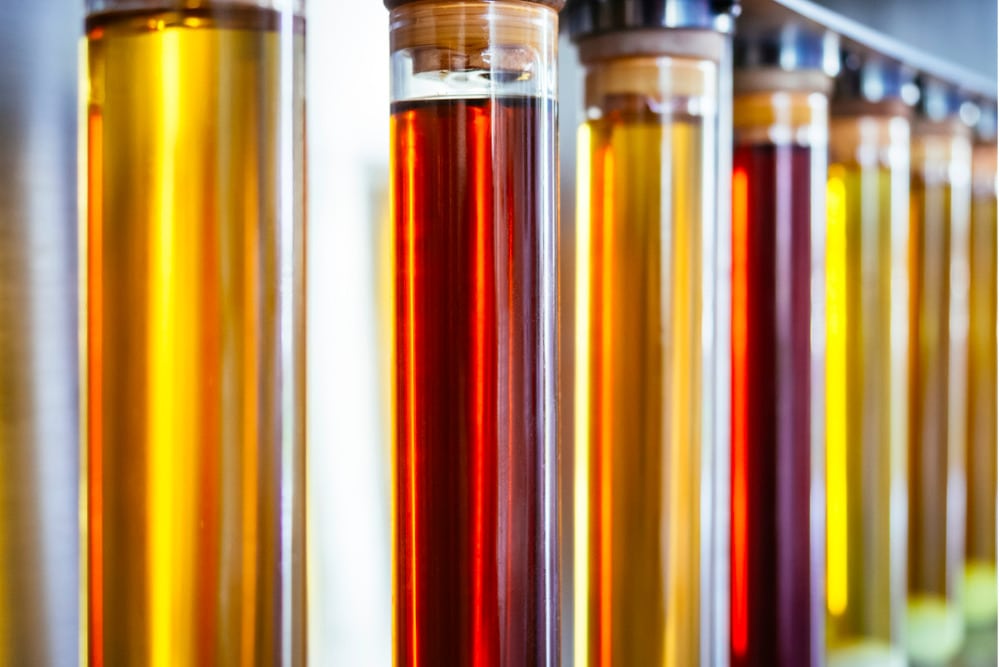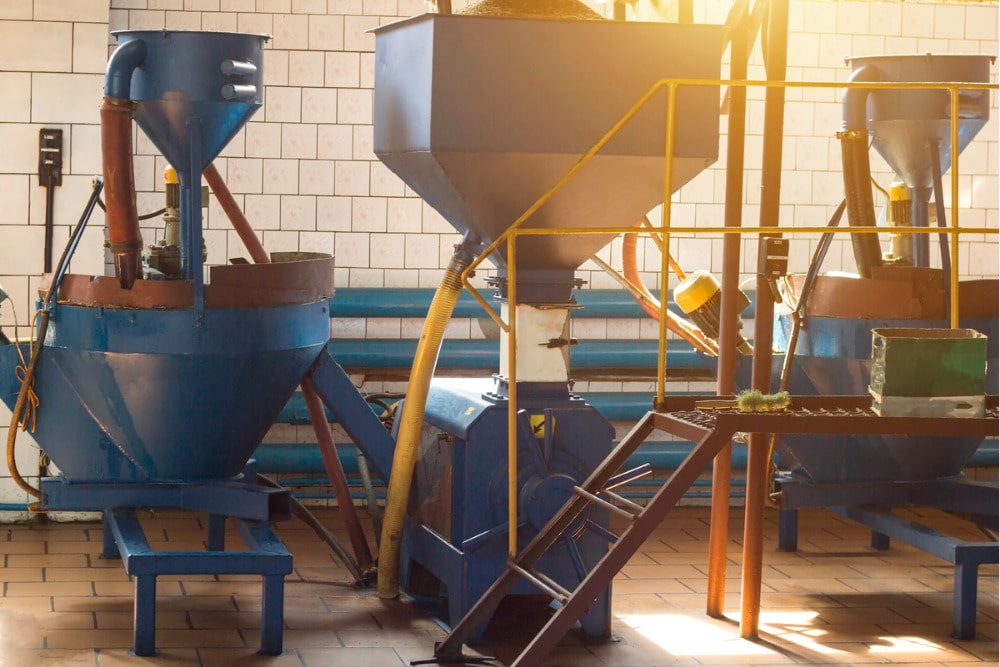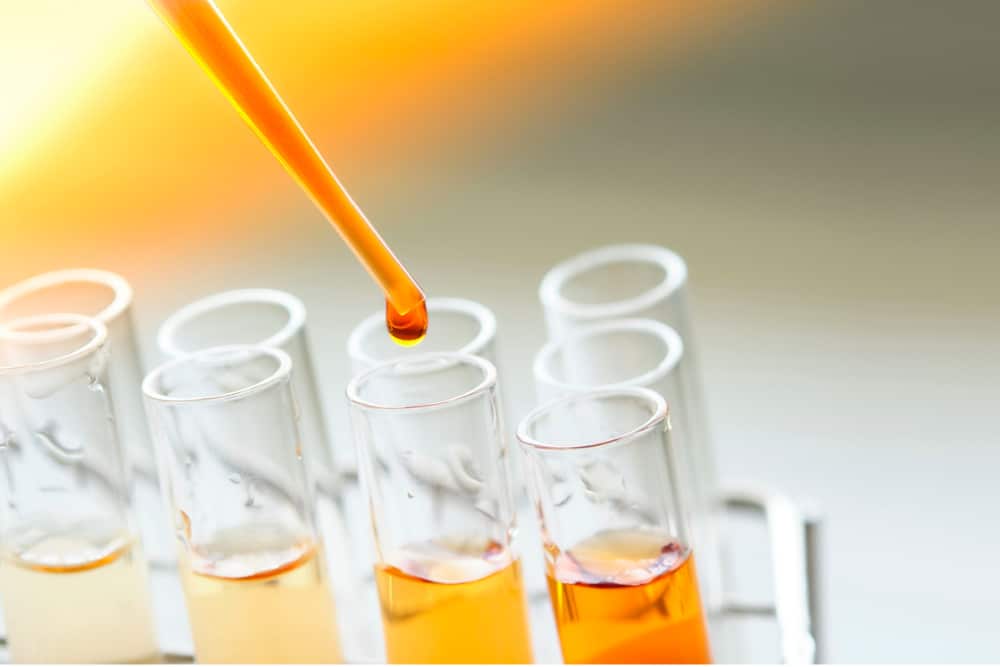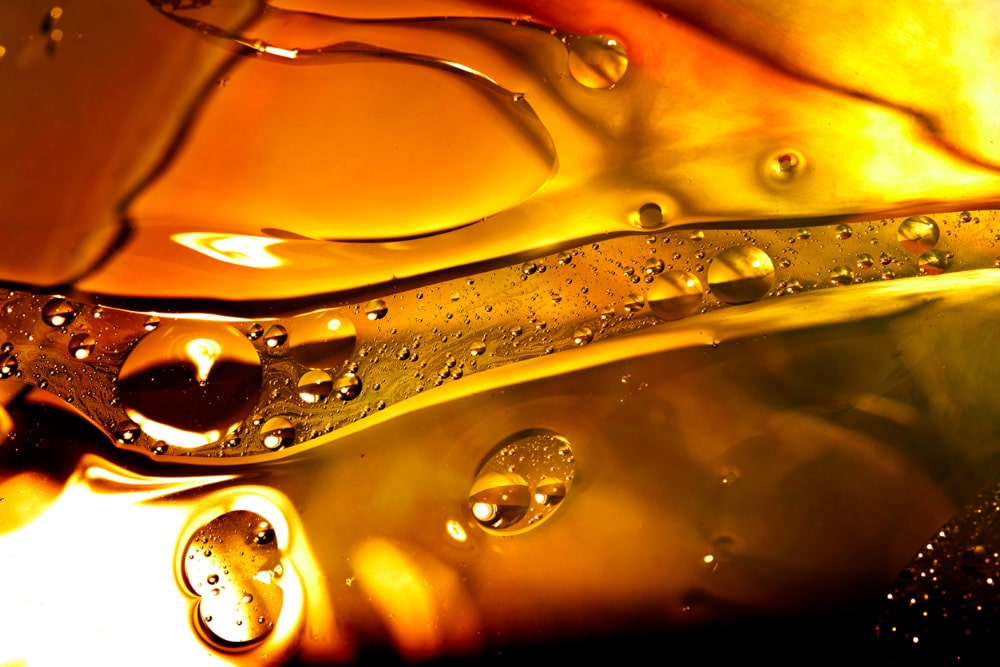The world’s population is increasing and the people already on it are demanding ever higher standards of living. These two forces will have a significant effect on the environment. In 2018, the worldwide demand for energy rose 2.3% which, according to the International Energy Agency, is the fastest in this decade.
Diesel fuel is created from crude oil which is a natural liquid that can be processed into various fuels and other products. A 42-gallon barrel of crude oil can produce an average of 11 to 12 gallons of diesel fuel. In 2018, 20% of total US petroleum consumption was diesel and about 22% of petroleum consumption is from the transportation sector.
Biodiesel as an Alternative for Petroleum-made Diesel Fuel
Due to the high demand for diesel fuel, biodiesel was produced.
Biodiesel is a liquid created by chemically processing material from an agricultural product such as vegetable oils.
Its properties are altered to make it perform like petroleum diesel. The concept of biodiesel was first presented and evaluated in the late 1970s but was not widely accepted nor adopted at the time. The ability of biodiesel was doubted and questioned, and many people wondered whether it was a safe fuel to use for diesel engines.
However, that has changed. Biodiesel use has significantly increased since 2001.
According to the source linked above, biodiesel consumption grew from about 10 million gallons in 2001 to 2 billion gallons in 2016 in the US. Globally, 9.3 billion gallons of biodiesel were consumed in at least 56 countries with the US, Brazil, France, Indonesia, and Germany taking up 58% of the global number of consumption.
An Alternative Way of Producing Biodiesel

There are various ways and many materials that can be turned into biofuels. Through chemical reactions, fermentation, and heat, sugars, starches, and other molecules can be used to produce a kind of fuel that cars and other vehicles can use.
However, plant-based biodiesel needs huge amounts of farmland which can cut into the amount of farmland that is supposed to be dedicated to food crops. Furthermore, the production of crops used to make biodiesel can also harm farmlands and contribute to a food price hike.
Because of these effects and the growing demand for biodiesel, scientists are searching for an alternative way to produce biodiesel.
Using Animal Fat for Renewable Diesel Production
Shell, one of the largest blenders and distributors of biofuels worldwide, recently adapted the process. In 2017, with the help of chemists Inder Singh and Shradha Singh, the company incorporated the chemists’ catalytic process of converting waste animal fats into low-carbon transport fuels.
The chemists’ company, SBI BioEnergy, fine-tuned this process until they reached the goal of safe and cost-effective production of biofuel that is of equal quality to petroleum fuel.
The Fat-to-Fuel Process
Fats from animals are removed and turned into oil using a process called rendering.
Diesel fuel made from animal fats are commonly made from beef tallow, pork lard, and chicken fat.
Once the food industry is done with processing, animal fats are then provided to companies that buy animal fats so that the fat can be utilized.
Through the rendering process, the fat is grinded until a fine consistency is achieved. After grinding, the animal fats are cooked until the liquid fat separates and pathogens are destroyed.
To completely remove the fat from the solid residue, the solids are passed through a screw press.
Through hydrogenation, fats react with tallow under high pressure and high temperature. The result of this process is a molecule that’s a pure and synthetic hydrocarbon – which is chemically identical to regular diesel.
Animal fats that are unfit for human consumption are given a new purpose in the energy market with this process.
Repurposing animal fats prevents decomposition which can produce harmful greenhouse gases and pathogens.
Aside from biofuels, animal fats can be used for soap production, shortening, solvents, and in oleochemical industries.
GF Commodities has the resources to purchase and take the unwanted fat products from your bulk food processing plant or livestock facility and safely sell them to industries that need them, such as the aviation sector.
What are you waiting for? Start earning extra cash from your unwanted animal fats and have them repurposed into something that will fuel the world. Reach out to us to get started.



